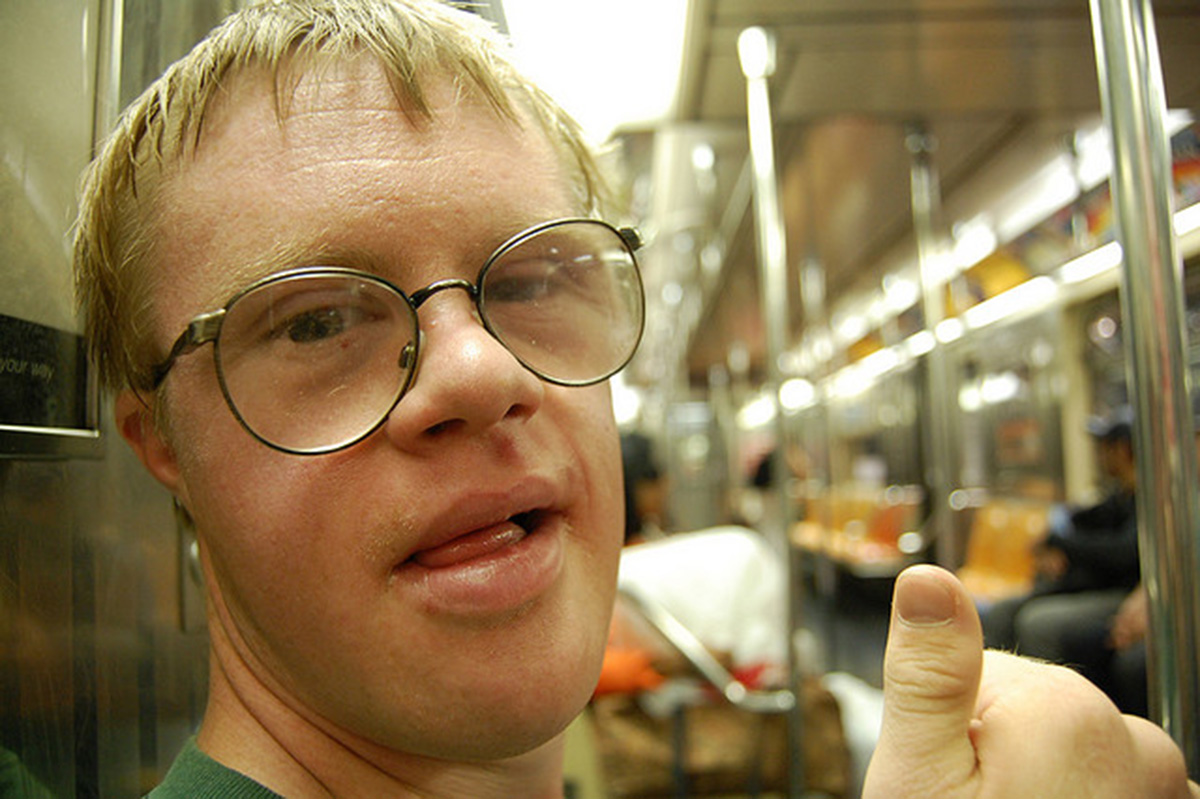Table of Contents
There are other factors to consider when choosing a housing option for an adult with Down’s syndrome. You want to make sure they are going in to the right environment for them as an individual, so you need to look at their capabilities, funding, and what support is available.
Before transitioning to living in a home away from the family home, consider what tasks will require support such as:
- Cooking and preparing meals
- Budgeting
- Paying Bills
- Shopping
- Cleaning and tidying
- Personal grooming and care
- Transportation
- Social environment and activities
- Organizing and getting ready for work or school
- Routinely taking medication

In many places a Community Care Assessment can be undertaken to work out exactly what level and type of support will be necessary.
Funding
As the parent, if you are able to fund the living arrangement yourself that is fine. However, many local and government authorities have funding available to assist with the financial costs of an adult living in supported care. You will need to contact your local authorities to see what is available.
A Circle Of Support
Setting up a circle of support can greatly assist an adult with Down’s syndrome with the day to day tasks involved with living independently. A circle of support is generally made up of a group of people that know the person with Down’s syndrome well, and can include friends, family members, and other supporters. The group needs to meet regularly to discuss ways in which to support the person with achieving what they want to. The circle can be big or small, with some preferring smaller groups of three and others requiring a group of up to 10 people.
Support Workers
After an assessment, it may be deemed appropriate to have a support worker work with the adult who resides in their own home. How much support provided will depend on what is needed, and the funding that is available. For some with Down’s syndrome, they may only need a support worker to visit during the day, whereas others may need an overnight support worker.
Conclusion
As you can see, it is quite possible for an adult with Down’s syndrome to move out of the family home and reside in a variety of living situations, provided they have the right support available. This doesn’t mean that all adults with Down’s must live independently of course; it is entirely up to the individual and their personal needs.
READ Down syndrome: Prenatal Screening During Pregnancy
For an adult with Down’s syndrome, having the ability to live in their own home can be hugely rewarding. Every person dreams of growing up and living away from their parents, and this can be the same for a person with Down’s syndrome. After all, they are just like everyone else; they just need a bit more assistance than others. They can go on to study at a university level, they can hold down a job, and they can socialize.
Check with your local authorities, or with your medical practitioner to see what options are available in your area for an adult with Down’s syndrome and let them develop that sense of independence.
- Photo courtesy of ambertq: www.flickr.com/photos/ambertq/3087555795/
- Photo courtesy of Saucy Salad: www.flickr.com/photos/saucysalad/3295390579/


Your thoughts on this